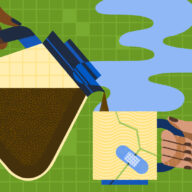Great leadership is often learned by making mistakes, by working your way up through an organization, or by observing managers who are good and others who are.. errr… not so good.
But what if I tell you there is another way that could exponentially help you become a better leader outside your cubicle or home office?
Over four years ago, I started rock climbing heights of over 1,000 feet, which then turned into doing some long-distance trails (2-8 days in the wild), until I decided to undertake my first alpine ascent experience last year.
I live in Brazil and we don’t have snow or any mountains higher than 9,800 feet, adding an extra “fear” factor for me as I embarked on this new experience. I also don’t like extreme cold weather (hi, Brazilian) and all the extra layers you have to wear to keep your body warm. Top to bottom, the whole adventure was going to be uncomfortable—and that’s exactly why I did it!
The truth is that you only grow through challenge. Research shows that stepping out of comfort zones help leaders achieve optimum performance and build their leadership skills and self-confidence.
Even though I struggled during my first alpine climbing experience, six months later I was launching my first all-female expedition in the mountains without a professional guide.
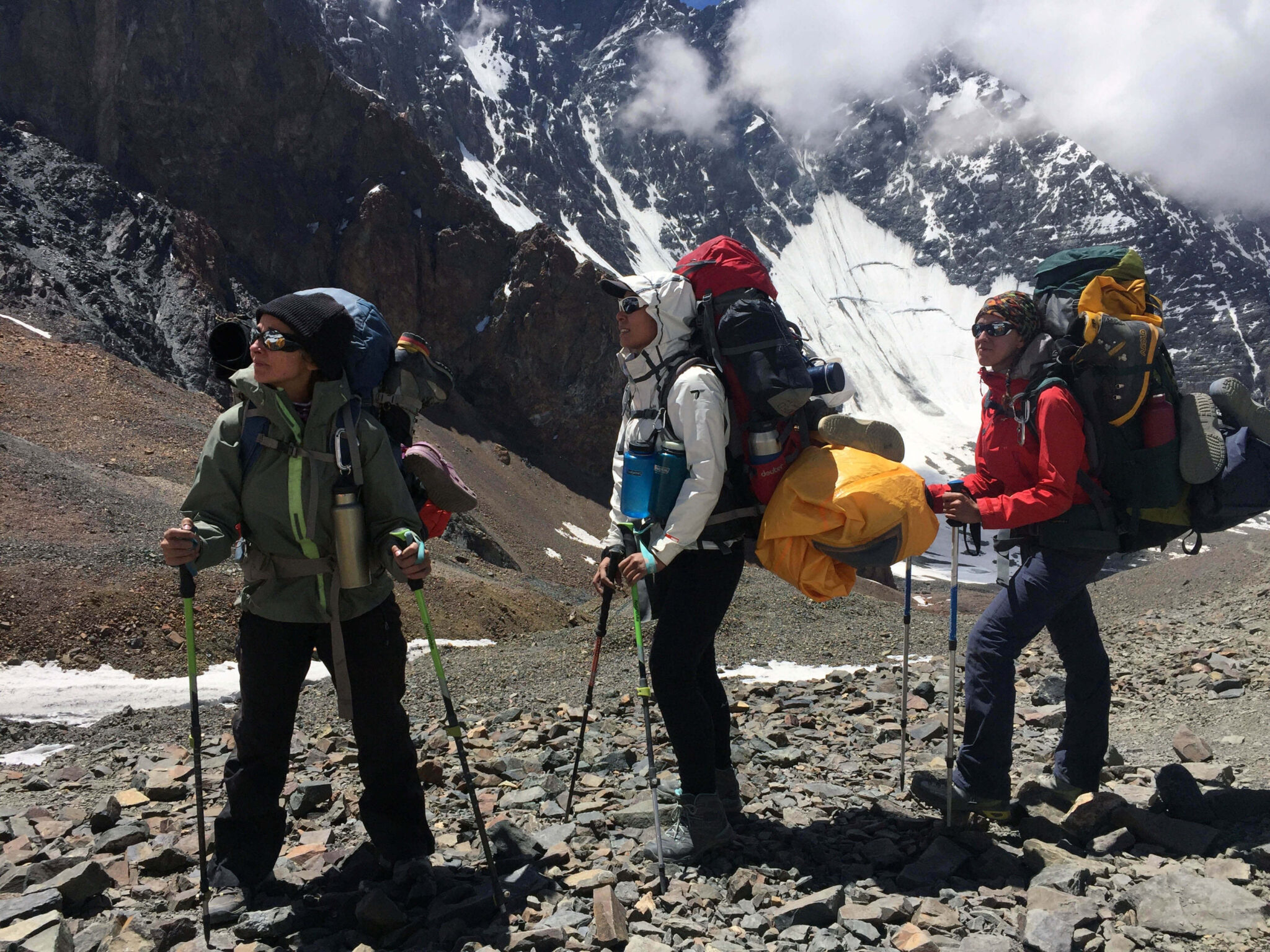
Acclimatizing in Cerro Plata, Argentina
Our challenge was to self-climb Aconcagua, the highest peak of the Americas with an elevation of 22,841 feet. We organized all the logistics, ascent plan, food, tools, and equipment ourselves.
That expedition changed me forever.
I realized every time I would go to the mountains to climb, hike, or just walk, I was strengthening leadership skills that were not just effective in the mountains. I could also apply them to all areas of my personal and professional life—and you can do the same through any experiences that challenge you to push your boundaries.
Key Leadership Skills That Will Empower Your Whole Life
Everyone can be a leader. As a matter of fact, you’re a leader if you have something you’re passionate about and can act on. Whether you are improving your executive presence, working on your soft skills or striving to unleash your unlived life goals, here are five important leadership qualities you can develop along your journey to the summit.
1. Share The Success
You go through a lot in a climbing expedition, but you are never alone. You depend on your partner or team to get to the summit. You understand that although you could maybe get to the top by yourself, you’ll enjoy it the most (both the achievement and the journey) if you get there with a team.
For me, a shared journey matters more than the final destination. If it’s not shared and celebrated together, what’s the point? It’s like reaching your best moment, looking around you, and finding out no one is there to cheer with you.
The same mantra can be applied to work. There’s no “I” in team, that’s why success is something to be shared with everyone. Think about how much you have accomplished because of your team and you will realize it far surpasses what you would have accomplished alone.
And don’t forget to celebrate together.
At Trello, we often celebrate our moments during our team offsites since we are a remotely distributed team. This gives the chance for us to connect, bond and reflect on the great quarter or year we just had.
2. Practice Patience, Persistence, Gratitude
When you are in the wild, the problems of your daily life become relative to the bigger picture and life’s luxuries turn out to be basic things: a cup of tea, a beautiful starry sky, a consolation hug from a friend. You actually start to appreciate all the little things in life that you once took for granted (especially when you don’t have any signal on your phone).
You learn that patience and persistence are key to keep moving.
Climbing a mountain is far from being an easy thing to do. Not only do you encounter physical difficulties, but also mental challenges that will drive you to the edge.
Although deep inside you are exhausted, you still find the energy to continue one step at a time—even if it’s going to take several attempts over many months, weeks, days or hours.
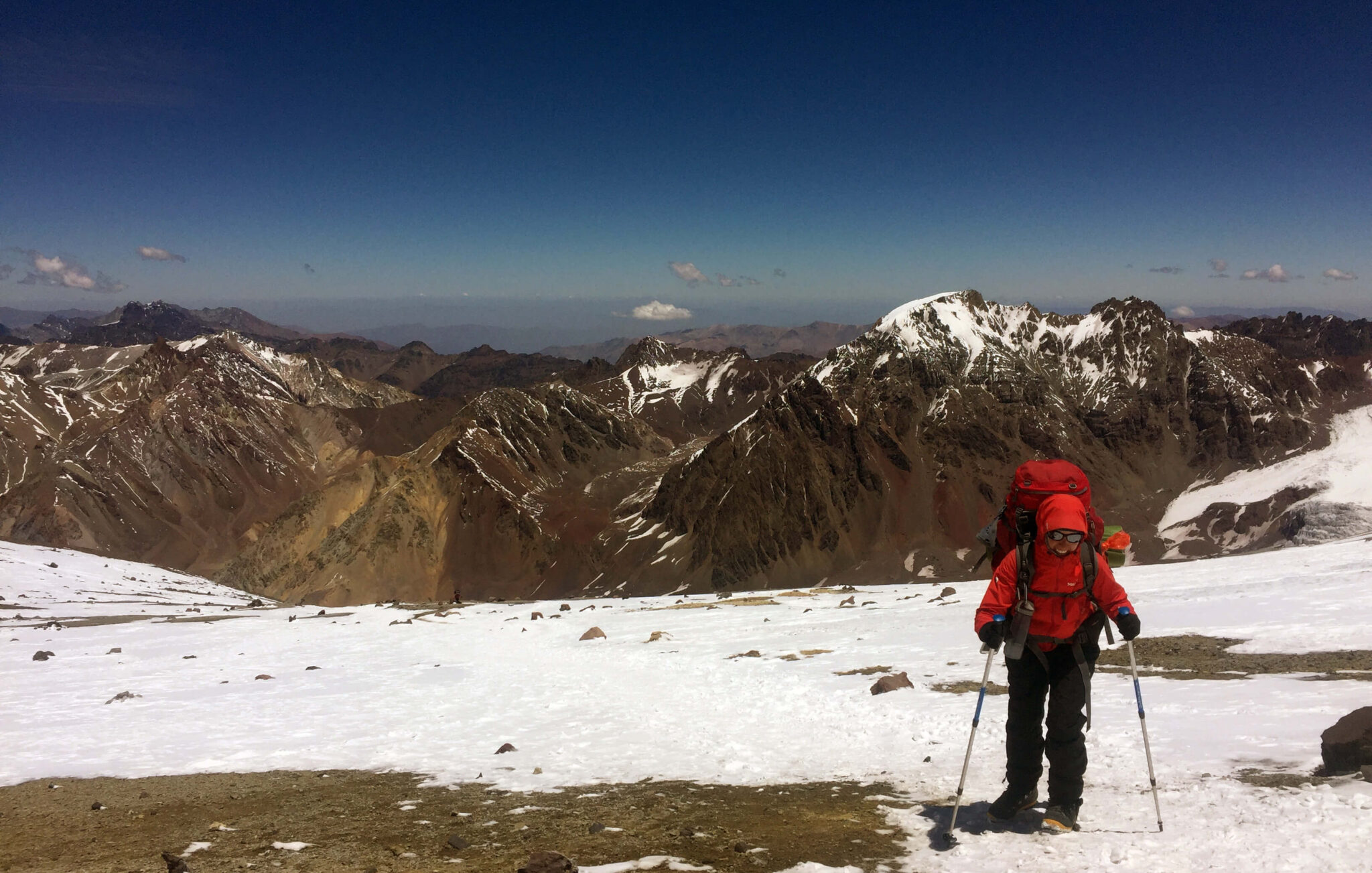
Aconcágua Expedition – Reaching Nido de Condores Campsite (18,372 feet)
You know the reward will come. It’s like reaching a goal, achieving a dream and figuring out that you can do anything that you set your mind to accomplish.
Have you stopped for a second to take the time to appreciate your work, your co-workers, or employees? How often do you say thank you?
Don’t reserve your gratitude for special occasions, but make it standard practice for you and your team to show to one another.
Since I joined Trello, I’ve been working remotely. That shift in my professional life was not easy.
It took me months of patience and persistence to achieve a good balance. Today, I see that remote work has empowered me to live the life I choose to live, for which I am eternally grateful. It also reminds me that I am responsible for making my own choices—no one else. Just like no one else will reach the summit for me.
Smart leaders know not to expect results overnight. Whether is a dragging project or a new marketing campaign, they have to work on their patience and persistence skills to keep going and to motivate their team to do the same.
When you start to encounter too many roadblocks, take a step back and acknowledge how much you have done to be where you are, and then try again the next day by looking at your challenges from a different angle. Where there’s a will, there’s a way.
3. Nurture Your Emotional Intelligence
During my all-female expedition, I learned that the cold, shortness of breath, fatigue, fear, and failure are important to success.
You can be in your best physical shape, but if your mind is not as strong as your body, you can easily give up when you reach one or more obstacles.
Why? Because climbing is 80% mental and 20% physical. The only way you can work on your psychological health is by gaining experience with struggle and building your self-awareness muscle.
The more you know yourself and can manage your emotions, the easier it is to overcome your fears and better control the outcomes.
The day of my ascent to Aconcagua summit, I struggled a lot with negative self-talk that I was constantly repeating in my mind. That’s when I learned I needed to change the way I talk to myself on a regular basis.
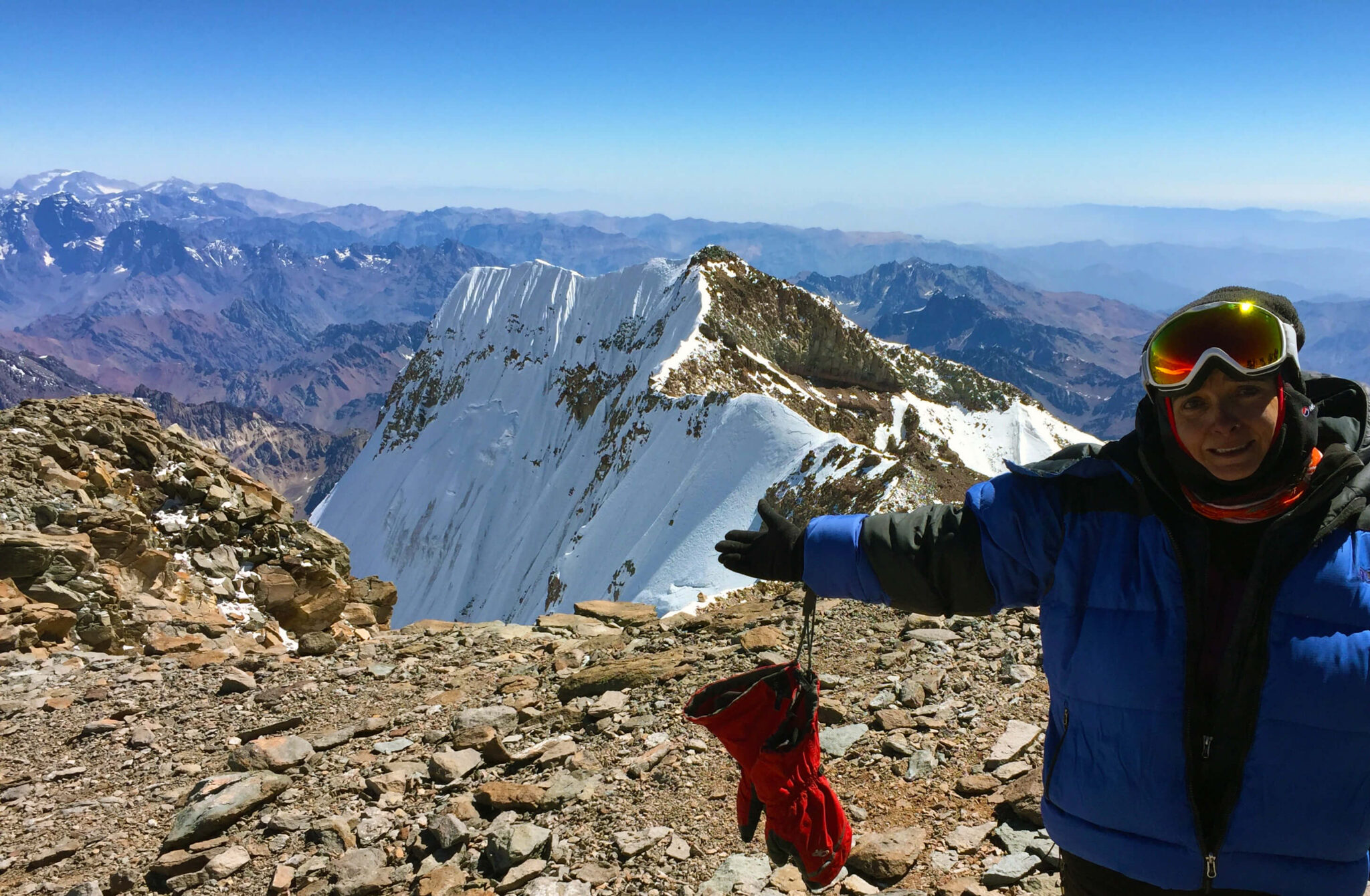
My friend at Aconcagua Summit. I didn’t make it due to the altitude sickness and being too slow. But I was very proud of myself for reaching 21,325 feet as my second high-altitude mountain.
It’s the same process at work. You can have all the hard skills to succeed, but if you constantly suffer from impostor syndrome or an “I am not _____ enough” attitude while executing your work, your chances of reaching your goal will also decline.
Learn about yourself. How do you react to other people’s feedback? Can you control your temper, your anxiety, or your fear of failure?
The mountain is a great environment to work on emotional intelligence within because you can easily access how you feel about yourself. You just need to listen to the voices in your head while walking.
What do you tell yourself? What kind of words do you use? Are they positive or negative?
4. Be Open To Change
If you ever spend time in the mountains, you should know that the weather changes in a heartbeat.
No matter how much you plan, things can get out of control unexpectedly. A member of your team gets injured, a strong wind hits you by surprise taking your tent through the valley (yes, I’ve seen that happen!), a snowstorm comes earlier than predicted.
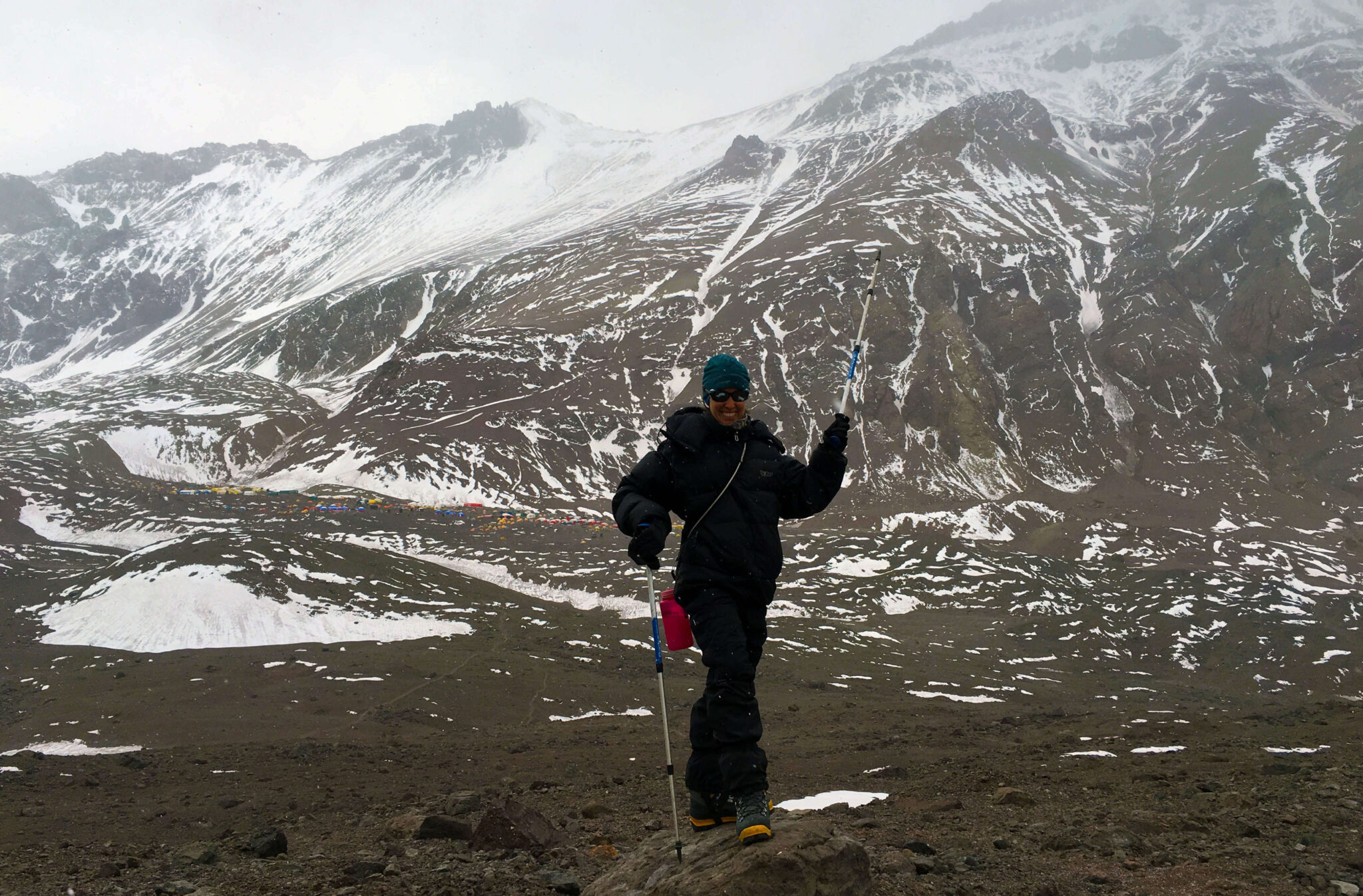
Walking around Plaza de Mulas (14,107 feet). We arrived in a snowstorm and had to wait for the weather to clear to move to the next campsite.
You have to be flexible to change your plans and make good decisions based on the facts and tools you have in the moment.
Like in the mountains, the business world is constantly changing, too. What you are doing today, might not be the same thing as you will be doing in a year’s time or even six months from now. Are you flexible enough to accept constant change?
Even though your job might not require you to climb mountains in extreme weather or bivouac in the glacier, the professional leader needs agility in times of change and uncertainty. Strength your ability to respond to things quickly with good judgement. Rising to the occasion in the moment is a trait of a successful leader and team.
5. Build A Mountain Of Trust
Finally, a foundational quality for leaders is the ability to build trust and confidence within a team, especially a team of climbers.
You not only build trust in your partner but you also build trust in yourself. It takes time and experience to trust your feet and your capacity to climb.
Most importantly, you must trust your life to your partner’s ability and vice versa. You need to be familiar with each other’s strengths as well as one another’s weaknesses.
That’s why transparency and communication are so vital to building trust. If I’m injured or sick, I must tell my team. If someone doesn’t master various rescue methods, the team must be aware of that gap and resource accordingly based on the skills they have.
Trust is also an essential investment for a safe and productive workplace that everyone should develop as a leadership skill. If a leader trusts their team to get the result they want, then there’s no need for micro-managing every project.
Developing Leadership Skills Outside Of Your Workplace
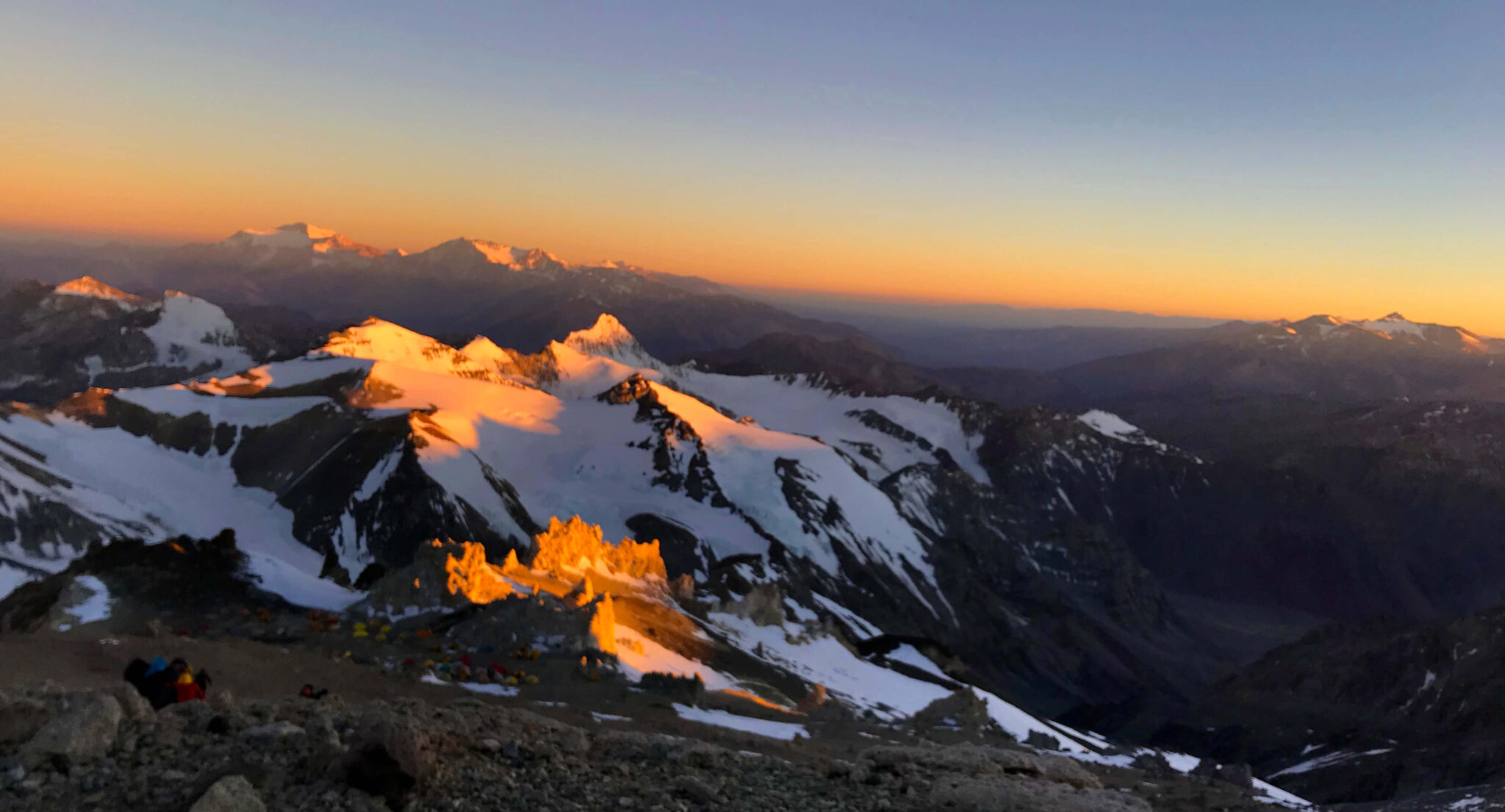
Many of the experiences and conditions we encounter in the mountains, and in our life in general, apply to work life as well.
There are many leadership qualities that you can strengthen in the mountains. Pick the one you think you need to improve the most and head for the hills!
As Edmund Hillary once said:
“It’s not the mountain we conquer but ourselves.”
Every mountain can teach you something about yourself if you are willing to see it from the top.
Good or bad, we’d love to hear your thoughts. Find us on Twitter (@trello) or write in to support@trello.com
Next: Unleash Your Life: How To Achieve Big Goals With Trello





 )
) 















